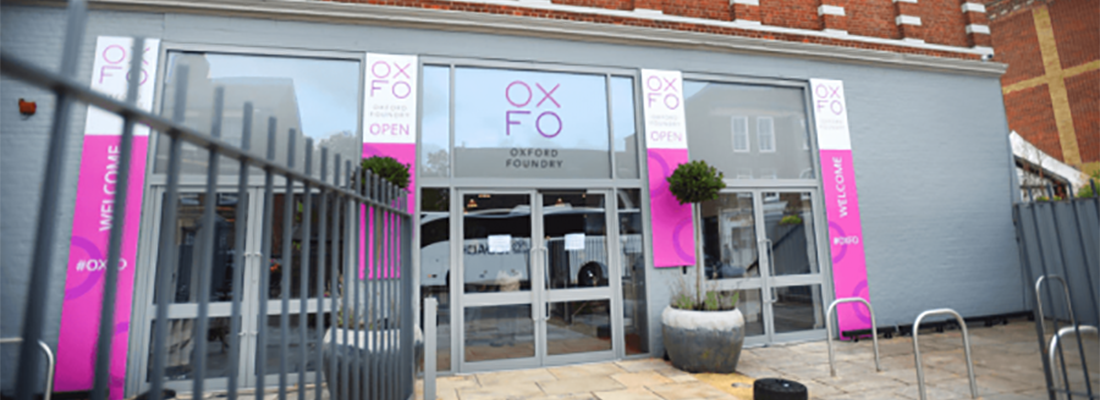
An Interview with The Oxford Foundry
Established in 2017 by the University of Oxford’s Saïd Business School, The Oxford Foundry was formed as an Entrepreneurial Hub to serve all students and alumni of the University of Oxford. Mohamed Amersi sits on the Advisory Board, alongside Reid Hoffman CBE, Co-founder of LinkedIn, Brent Hoberman CBE, Executive Chairman of Founders Factory, amongst others.
In February 2020, the Oxford Foundry invited Mohamed for an interview to share his learnings from his personal and professional journey so far.
1.The power of generational wisdom
Reflecting on his upbringing and heritage, Mohamed emphasised the importance of his family values on his work today. In particular, the importance of doing good whilst doing well, which he continues to embody throughout his work. Guided by a strong moral compass, Mohamed’s business decisions and relationships enable a set of outcomes that can create a positive difference for many. To unleash one’s full potential and impact, Mohamed encourages us to recognise our roles as custodians not owners and reminds us of the power of alignment between our hearts and minds.
2. The value of traits over personalities and status
When asked about what he respects, Mohamed focused on the importance of traits and daily behaviours, including practicing with integrity, enabling a culture of doing good, and treating others with respect. Reminding everyone to act as a custodian, can encourage us to adopt a long-term perspective whilst leading with integrity and humility, and avoiding the distraction of status.
3.The need for radical systems change
To create a safe, inclusive and prosperous world, Mohamed reinforced the need to adapt and adopt new forms of systemic change. Suggestions shared in the interview range from the introduction of dedicated seats for youth in UK Parliament, to re-thinking education to cater to an ever-changing world with complex needs.
“We have to adapt and adopt new approaches at a systems level to ensure that we continue to have a safe, inclusive and prosperous world.”
To read the interview in full, the transcript is available here.
